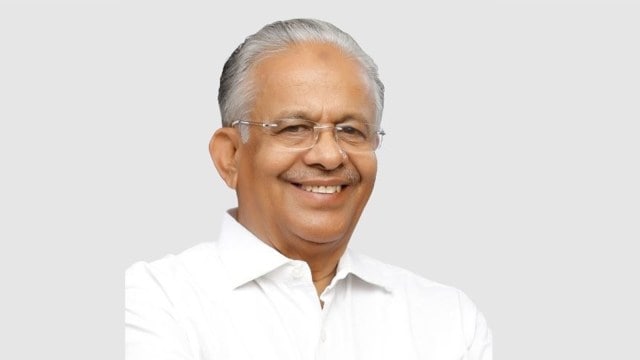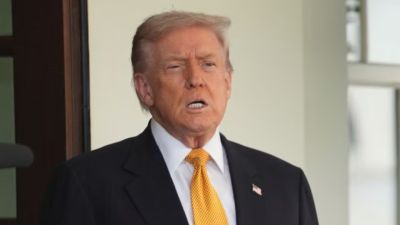IUML moves Supreme Court to intervene in pleas challenging 1991 Act
A three-judge bench of the Supreme Court presided by Chief Justice of India Sanjiv Khanna is scheduled to hear the petitions on Thursday.
 In the plea backing the Act, MP E T Muhammed Basheer cites the Sambhal violence
In the plea backing the Act, MP E T Muhammed Basheer cites the Sambhal violenceThe Indian Union Muslim League (IUML) has approached the Supreme Court seeking permission to intervene in the petitions challenging the constitutional validity of the Places of Worship (Special Provisions) Act, 1991.
A three-judge bench of the Supreme Court presided by Chief Justice of India Sanjiv Khanna is scheduled to hear the petitions on Thursday.
Backing the law that prohibits filing a lawsuit to reclaim a place of worship or seek a change in its character from what prevailed on August 15 1947, the application filed by party’s Lok Sabha MP E T Muhammed Basheer said: “The recent incidents in Sambhal, Uttar Pradesh, underscore the critical relevance of this law. Had the 1991 Act been implemented in its letter and spirit, such incidents could have been avoided, and the lives of six youth could have been saved.”
The application said the Act was passed by Parliament in 1991 after comprehensive discussions in both the Houses. “This Act has been in existence for the last 33 years. The paramount objective of the Act is to uphold the secularism of the country which is a basic structure of the constitution as recognised by judicial precedents,” the Kerala-based party said in its application.
“Parliament in its wisdom thought it fit that to heal the injustice of the past, every community should be given the confidence that their places of worship will be preserved and character will not be altered. The relevance of such a legislation is felt in the country after witnessing certain incidents. This legislation speaks of the future of the nation in as much as it would heal the wounds of the past. Since secularism is one of the basic features of the Constitution, this Act is an affirmation of the duty of the state to preserve and protect the equality of all faiths.”
The plea contended that “since the impugned Act seeks to protect the secularism of the country, which is a basic structure of the Constitution, even Parliament is prohibited from amending it.”
The Act, it said, “helps prevent disputes over religious places, which could otherwise escalate into communal conflicts. By maintaining the status quo of religious sites as they existed at the time of independence, the Act reduces the potential for historical grievances to be exploited for political or sectarian gains.”
Seeking dismissal of the petitions challenging the law, it said that the SC in its Ayodhya verdict “recognised the importance of the Act in preserving communal harmony and stated that it reflects India’s commitment to secularism and the peaceful coexistence of all religions”.
The plea said that “the Act, in its effect, protects and secures the fundamental values of the Constitution.”







